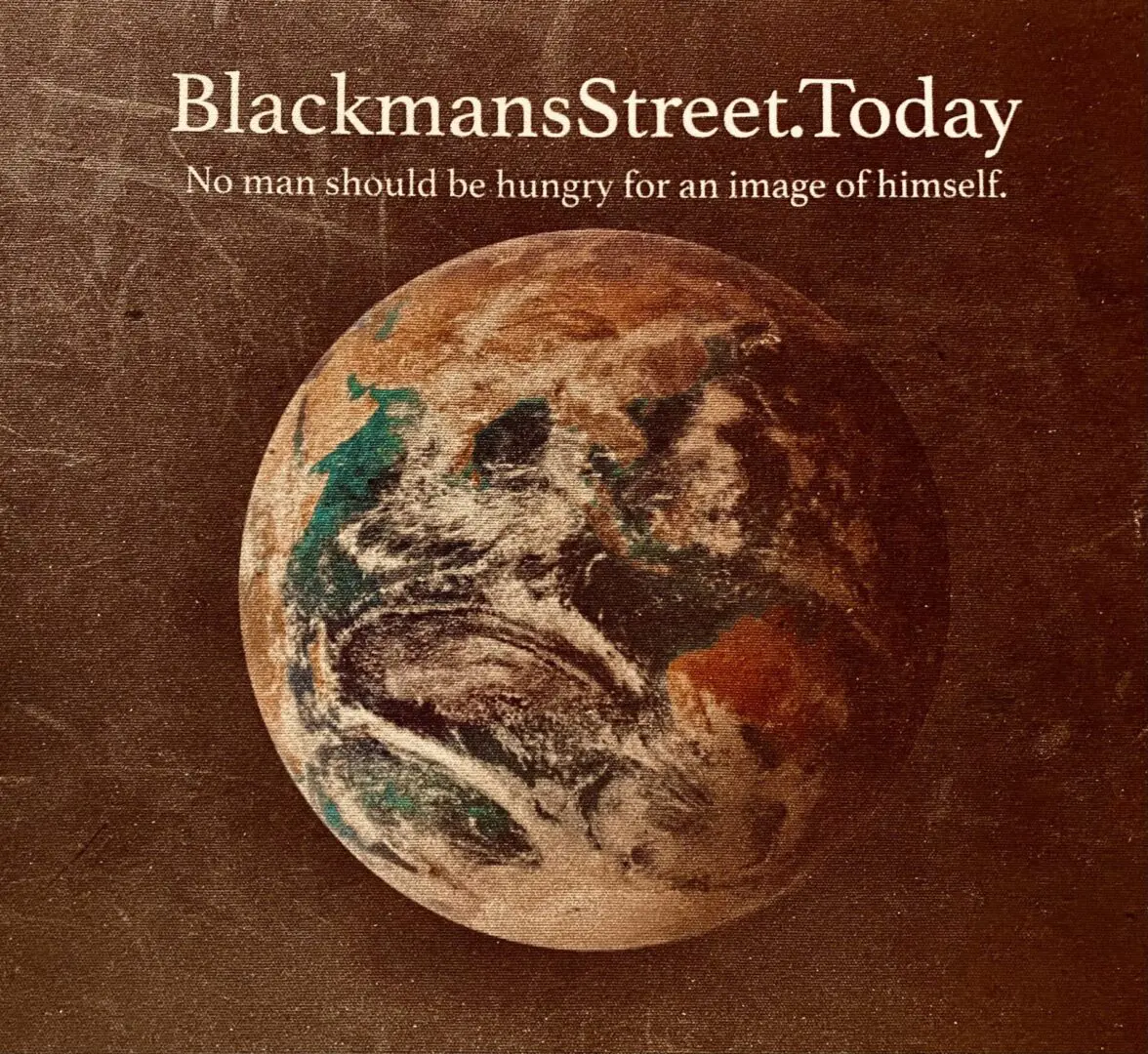Blacks continue to push for nuclear disarmament
 The film “Oppenheimer†which opened in theaters Friday, shows J. Robert Oppenheimer, who oversaw the Manhattan Project, which created the atomic bomb, struggling with his creation and later proclaiming that he had “blood on his hands.â€
This follows President Harry Truman ordering atomic bombs dropped on Hiroshima and Nagasaki, Japan, killing more than 240,000 people.
Writer and poet Langston Hughes charged that racism played a role in the massive destruction of the two cities.
Hughes and others wanted to know why atomic bombs were not dropped on Germany and Italy.
The role of Black people speaking out against bombs is described in the book “African Americans Against the Bomb.”
“Nuclear Weapons, Colonialism, and The Black Freedom Movement,” is another book on the subject, written by Vincent J. Intoni, associate professor of history and founder of the Center for Black Studies at Montgomery College.
Intoni is also director of research at the Nuclear Studies Institute of the American University in Washington, D.C.
Ever since the atomic bomb was dropped on Hiroshima and Nagasaki, Black people have been at the forefront of nuclear disarmament, but they have been ignored by White historians.
Dr. Martin Luther King, Jr., who called for nuclear disarmament in the 1950s, warned against the role of nuclear weapons. He warned that if nuclear weapons were used in Vietnam, the world would be transformed into an inferno.
It wasn’t just men who protested the use of nuclear weapons.
Coretta Scott King, Lorraine Hansberry, Erna Harris, and others traveled around the world attending disarmament conferences and even confronted the pope at the Vatican.
